At a Diwali event in Washington, former US President Donald Trump revealed he had advised Indian Prime Minister Narendra Modi to avoid war with Pakistan, discussing trade and regional peace as ties between Washington and New Delhi face strain over tariffs and Russian oil imports.
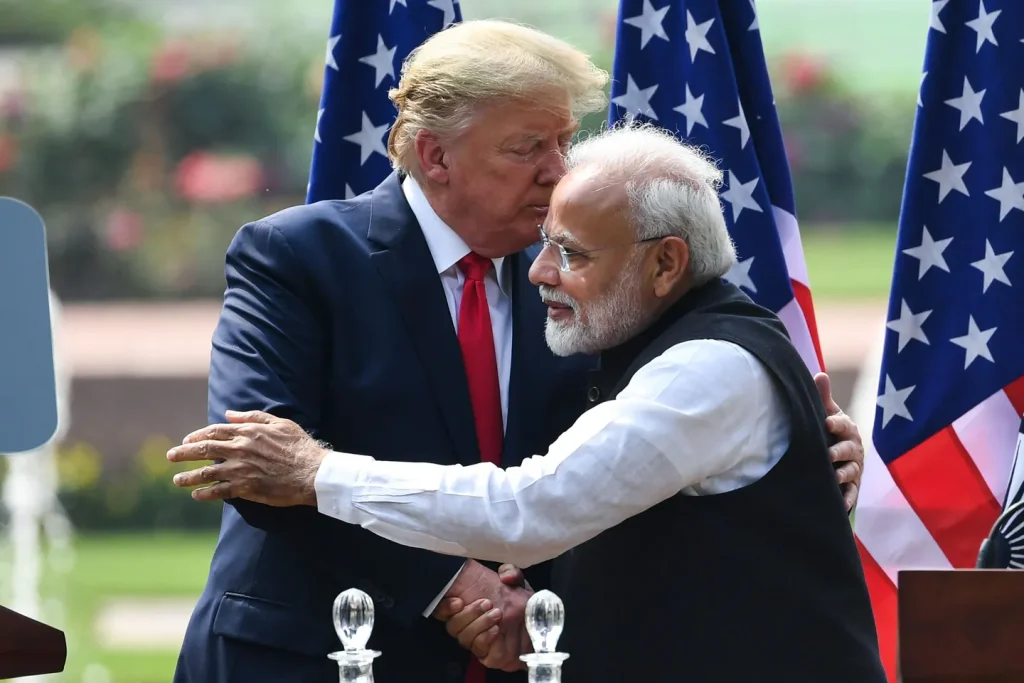
Trump’s Message: “No Wars With Pakistan”
In a striking revelation at a White House Diwali celebration, former US President Donald Trump told guests that he had spoken with Indian Prime Minister Narendra Modi, urging him to avoid war with Pakistan. Trump described the conversation as “a great talk” focused on trade, peace, and stability in South Asia.
“I just spoke to your Prime Minister today,” Trump said to attendees gathered in the Oval Office on Tuesday. “We had a great conversation. We talked about trade … although we did talk a little while ago about let’s have no wars with Pakistan. And I think the fact that trade was involved, I was able to talk about that. And we have no war with Pakistan and India. That was a very, very good thing.”
Modi Acknowledges Call — But Avoids Mentioning Pakistan
Indian Prime Minister Narendra Modi later confirmed the call in a post on X (formerly Twitter), thanking Trump for reaching out. However, Modi’s statement did not reference Pakistan, instead focusing on US-India cooperation and shared democratic values.
“Spoke with President Trump today. Thanked him for his call and wished him a happy Diwali. May our two great democracies continue to illuminate the world with hope,” Modi wrote.
The omission of Pakistan from Modi’s message has sparked speculation in New Delhi’s political circles, with analysts suggesting the Indian leader wanted to avoid reigniting diplomatic tensions between the two nuclear-armed neighbors.
Tensions Over Trade and Russian Oil
The revelation comes at a time when US-India relations have cooled, despite both nations emphasizing their strategic partnership in recent years. In August, Trump’s administration increased tariffs on Indian exports to 50%, citing trade imbalances and concerns over market access.
Further strain emerged when US officials accused India of indirectly funding Russia’s war in Ukraine by purchasing discounted Russian oil, a charge New Delhi has not officially addressed. Trump reiterated during the Diwali event that India would reduce Russian oil imports, a claim India has neither confirmed nor denied.
Since 2022, India has been among the largest buyers of Russian crude, leveraging Western sanctions to secure energy at lower prices. Analysts note that Trump’s renewed remarks may reflect Washington’s unease with India’s balancing act between Western alliances and Moscow’s energy incentives.
No Formal Trade Deal Yet
Despite ongoing talks, India has yet to secure a comprehensive trade agreement with the United States — even though it was among the first nations to open negotiations following Trump’s return to office.
Trade experts suggest that Washington’s focus on tariff revisions and supply chain security has delayed progress, while New Delhi has pushed for better access for its tech and textile industries.
“The relationship between Washington and New Delhi remains crucial but complicated,” said an international trade analyst. “Both nations see each other as strategic partners, but their priorities — energy for India and tariffs for the US — often clash.”
South Asian Stability in Focus
Trump’s comments also place renewed emphasis on South Asia’s fragile peace, particularly between India and Pakistan, whose relations remain tense following decades of territorial disputes, border clashes, and security concerns.
By invoking the need for “no wars,” Trump framed his call as a preventive measure to preserve regional stability while safeguarding US trade interests in the Indo-Pacific.
The Diwali event, typically centered on celebrating light over darkness, thus became a platform for Trump’s geopolitical messaging — urging calm between two of the region’s most powerful nations while projecting himself as a mediator of peace.
A Delicate Diplomatic Balance
With both Washington and New Delhi navigating complex international pressures, Trump’s remarks highlight the delicate balance of diplomacy in South Asia. As India continues deepening economic ties with both the West and Russia, and Pakistan strengthens its cooperation with China, global observers are watching how this new alignment will reshape regional stability.
For now, Trump’s message of “no war with Pakistan” resonates as both a political statement and a strategic reminder — that peace, trade, and diplomacy remain deeply intertwined in the region’s future.

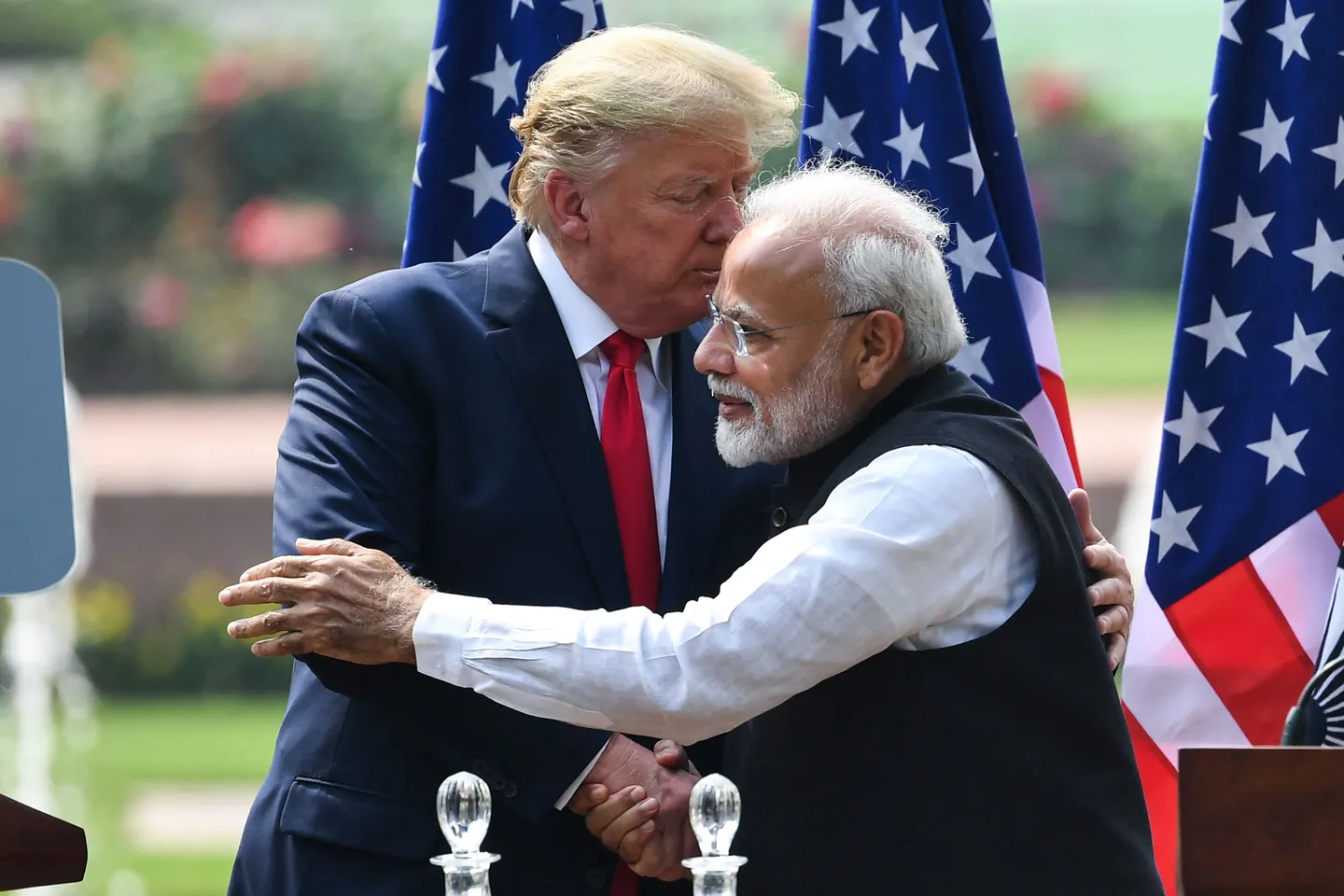

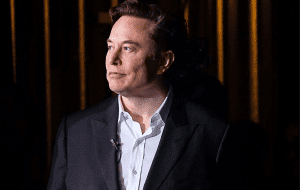
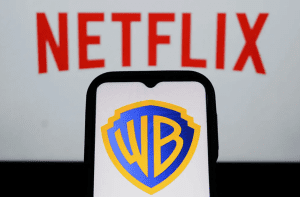

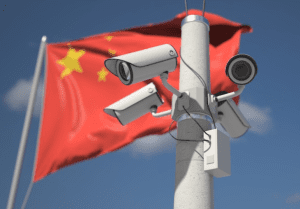

Comments are closed.